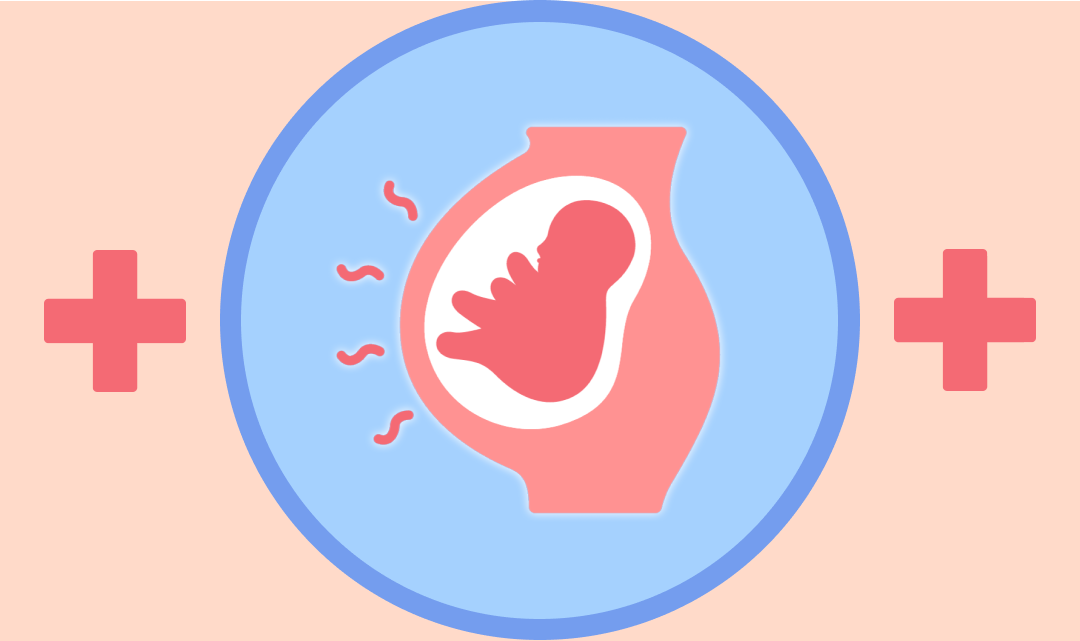Common Questions About Braxton Hicks Contractions in Pregnancy

Braxton Hicks contractions, also known as "practice contractions," are a common occurrence during pregnancy. They are typically painless and irregular, serving as a way for the body to prepare for labor. However, they can sometimes cause discomfort and confusion, especially for first-time mothers. This article will address some of the most common questions about Braxton Hicks contractions during pregnancy.
Table of contents
Can pregnancy cause Braxton Hicks Contractions?
Is Braxton Hicks Contractions a pregnancy symptom?
Are Braxton Hicks Contractions common in the first trimester?
What causes Braxton Hicks Contractions during pregnancy?
Is it safe to have Braxton Hicks Contractions during pregnancy?
What can help with Braxton Hicks Contractions during pregnancy?
Braxton Hicks Contractions during pregnancy: when to see a doctor?
Can you experience Braxton Hicks Contractions after childbirth?
Can pregnancy cause Braxton Hicks Contractions?
Yes, pregnancy can cause Braxton Hicks contractions. They are a normal part of pregnancy and are often referred to as "practice contractions" because they prepare your body for real labor.
Psst, we have an app dedicated to pregnant moms. Learn more
Is Braxton Hicks Contractions a pregnancy symptom?
Yes, Braxton Hicks contractions are a common symptom of pregnancy. They usually start in the second trimester but can occur at any time.
Psst, we have an app dedicated to pregnant moms. Learn more
Are Braxton Hicks Contractions common in the first trimester?
Braxton Hicks contractions can occur at any time during pregnancy, but they are most commonly experienced in the second and third trimesters. Some women may experience them in the first trimester, but they are usually not as noticeable.
Psst, we have an app dedicated to pregnant moms. Learn more
What causes Braxton Hicks Contractions during pregnancy?
Braxton Hicks contractions are caused by the tightening and relaxing of the muscles in the uterus. This is a natural part of the body's preparation for labor. Factors such as dehydration, physical activity, a full bladder, or even the baby moving can trigger these contractions.
Psst, we have an app dedicated to pregnant moms. Learn more
Is it safe to have Braxton Hicks Contractions during pregnancy?
Yes, it is safe to have Braxton Hicks contractions during pregnancy. They are a normal part of the pregnancy process and are not usually a cause for concern. However, if the contractions become regular, more intense, or are accompanied by other symptoms such as bleeding or severe pain, it is important to seek medical attention.
Psst, we have an app dedicated to pregnant moms. Learn more
What can help with Braxton Hicks Contractions during pregnancy?
There are several strategies that can help manage Braxton Hicks contractions. These include staying hydrated, resting, changing positions, taking a warm bath, and practicing deep breathing exercises. However, if the contractions become more intense or regular, it is important to contact a healthcare provider.
Psst, we have an app dedicated to pregnant moms. Learn more
Braxton Hicks Contractions during pregnancy: when to see a doctor?
If Braxton Hicks contractions become regular, increase in intensity, or are accompanied by other symptoms such as vaginal bleeding, severe pain, or a decrease in fetal movement, it is important to seek medical attention immediately. These could be signs of preterm labor.
Psst, we have an app dedicated to pregnant moms. Learn more
Can you experience Braxton Hicks Contractions after childbirth?
Yes, it is possible to experience Braxton Hicks contractions after childbirth. These are known as "afterpains" and are the body's way of shrinking the uterus back to its pre-pregnancy size. They are typically more common in women who have had multiple pregnancies.
Psst, we have an app dedicated to pregnant moms. Learn more
Information sources
1. American Pregnancy Association. (2020). Braxton Hicks Contractions. https://americanpregnancy.org/healthy-pregnancy/labor-and-birth/braxton-hicks-contractions/
2. Mayo Clinic. (2020). Braxton Hicks contractions. https://www.mayoclinic.org/healthy-lifestyle/pregnancy-week-by-week/in-depth/braxton-hicks/art-20046004
3. NHS. (2018). Braxton Hicks contractions. https://www.nhs.uk/conditions/pregnancy-and-baby/braxton-hicks/